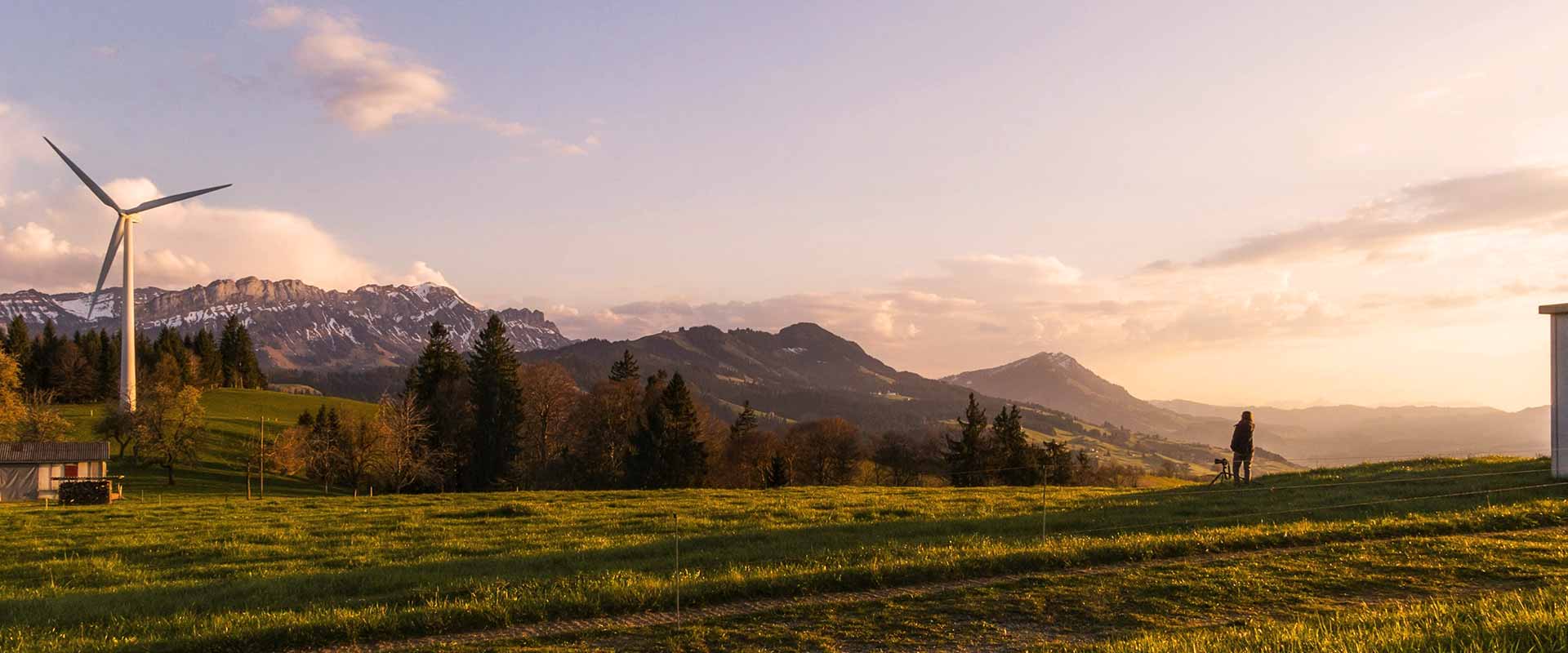
The Economic and Environmental Benefits of Saving Energy
We live in a time where climate change and economic sustainability are at the forefront of global discussions; saving energy has emerged as a crucial strategy. This practice not only helps in mitigating environmental issues but also offers significant economic advantages. Let’s explore the multifaceted benefits of energy conservation.
Economic Benefits of Saving Energy
Cost Savings for Households and Businesses
Reducing energy consumption directly translates to lower utility bills. For households, this means more disposable income that can be spent or saved. For businesses, reduced energy costs can enhance profitability and competitive advantage. Simple actions like using energy-efficient appliances, improving insulation, and implementing smart energy management systems can lead to substantial financial savings.
Job Creation and Economic Growth
The energy efficiency sector is a burgeoning field that creates jobs and stimulates economic growth. Investments in energy-saving technologies and infrastructure development drive demand for skilled labor, from engineers and technicians to construction workers. This job creation ripple effect benefits local economies and supports a transition to a greener economy.
Increased Property Values
Properties with energy-efficient features tend to have higher market values. Energy-efficient homes and commercial buildings are increasingly sought after by buyers and tenants who are aware of the long-term savings on energy costs. Energy performance certificates and green building certifications are becoming valuable assets in the real estate market.
Environmental Benefits of Saving Energy
Reduction in Greenhouse Gas Emissions
One of the most significant environmental benefits of saving energy is the reduction in greenhouse gas emissions. Lower energy consumption means fewer fossil fuels are burned, leading to decreased emissions of carbon dioxide (CO2) and other harmful gases. This is crucial for mitigating climate change and its associated impacts on weather patterns, sea levels, and biodiversity.
Conservation of Natural Resources
Energy conservation helps preserve finite natural resources such as coal, oil, and natural gas. Their extraction and use have significant environmental impacts. By using energy more efficiently, we can slow down the depletion of these resources and reduce the ecological footprint of energy production.
Reduction in Air and Water Pollution
Burning fossil fuels for energy produces greenhouse gases and releases pollutants like sulfur dioxide (SO2), nitrogen oxides (NOx), and particulate matter. These pollutants contribute to air and water pollution, which can cause respiratory problems, cardiovascular diseases, and harm to ecosystems. Energy-saving measures can significantly reduce these emissions, leading to cleaner air and water.
Practical Steps to Save Energy
Adopt Energy-Efficient Appliances and Lighting
Switching to energy-efficient appliances and LED lighting can dramatically reduce energy use. These technologies often provide the same level of service or better while consuming significantly less power.
Implement Smart Energy Management Systems
Smart thermostats, energy monitors, and automated lighting systems can optimize energy use in homes and businesses. These systems allow for better control over energy consumption, reducing wastage.
Enhance Building Insulation
Proper insulation in walls, roofs, and floors can reduce the need for heating and cooling, leading to substantial energy savings. This is one of the most effective ways to improve energy efficiency in buildings.
Promote Behavioral Changes
Simple behavioral changes, such as turning off lights when not in use, unplugging electronics, and reducing water heating temperatures, can cumulatively lead to significant energy savings.
The economic and environmental benefits of saving energy are clear and compelling. From cost savings and job creation to emission reductions and resource conservation, energy efficiency is a win-win strategy for both the economy and the planet. By adopting energy-saving practices and technologies, we can pave the way for a sustainable future that benefits everyone.
